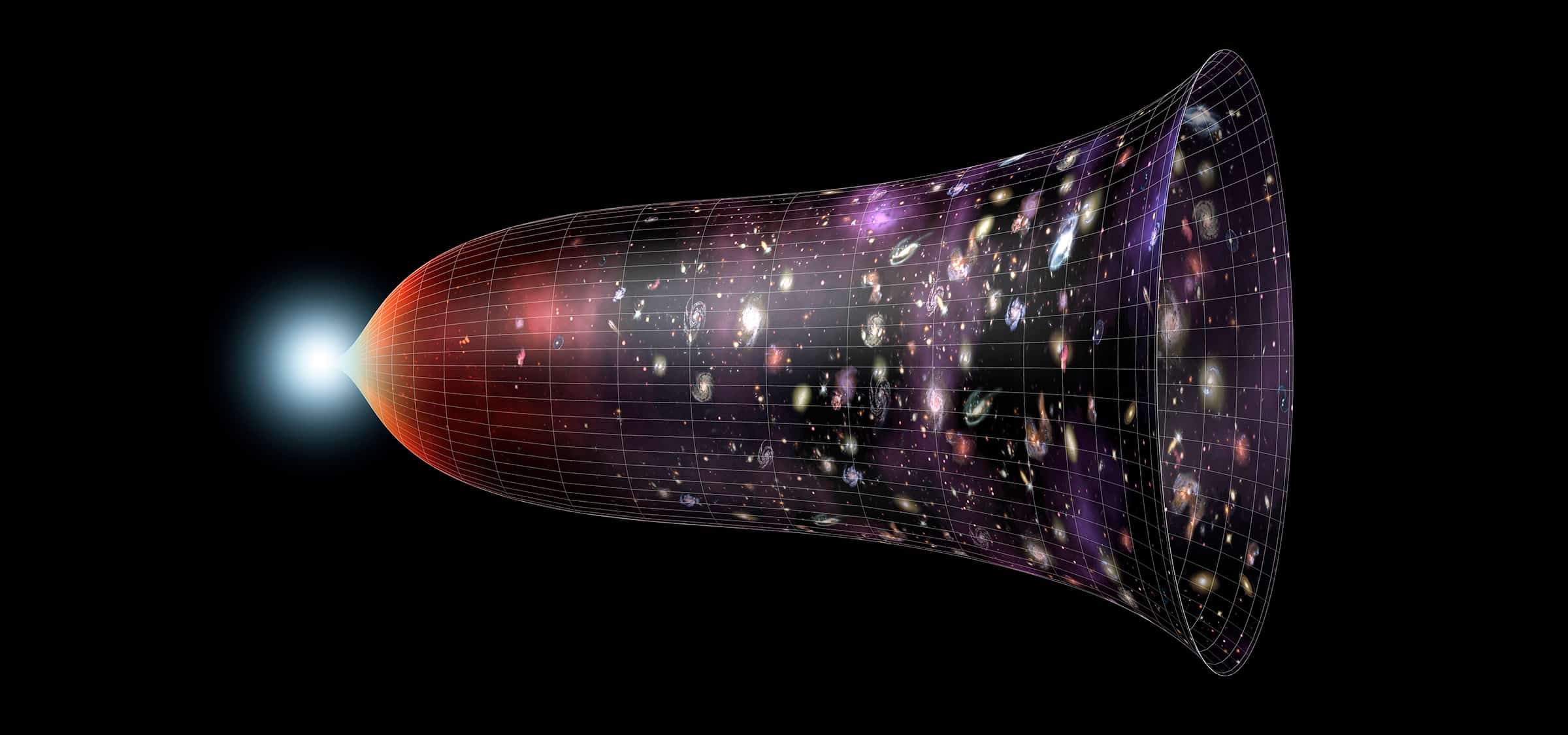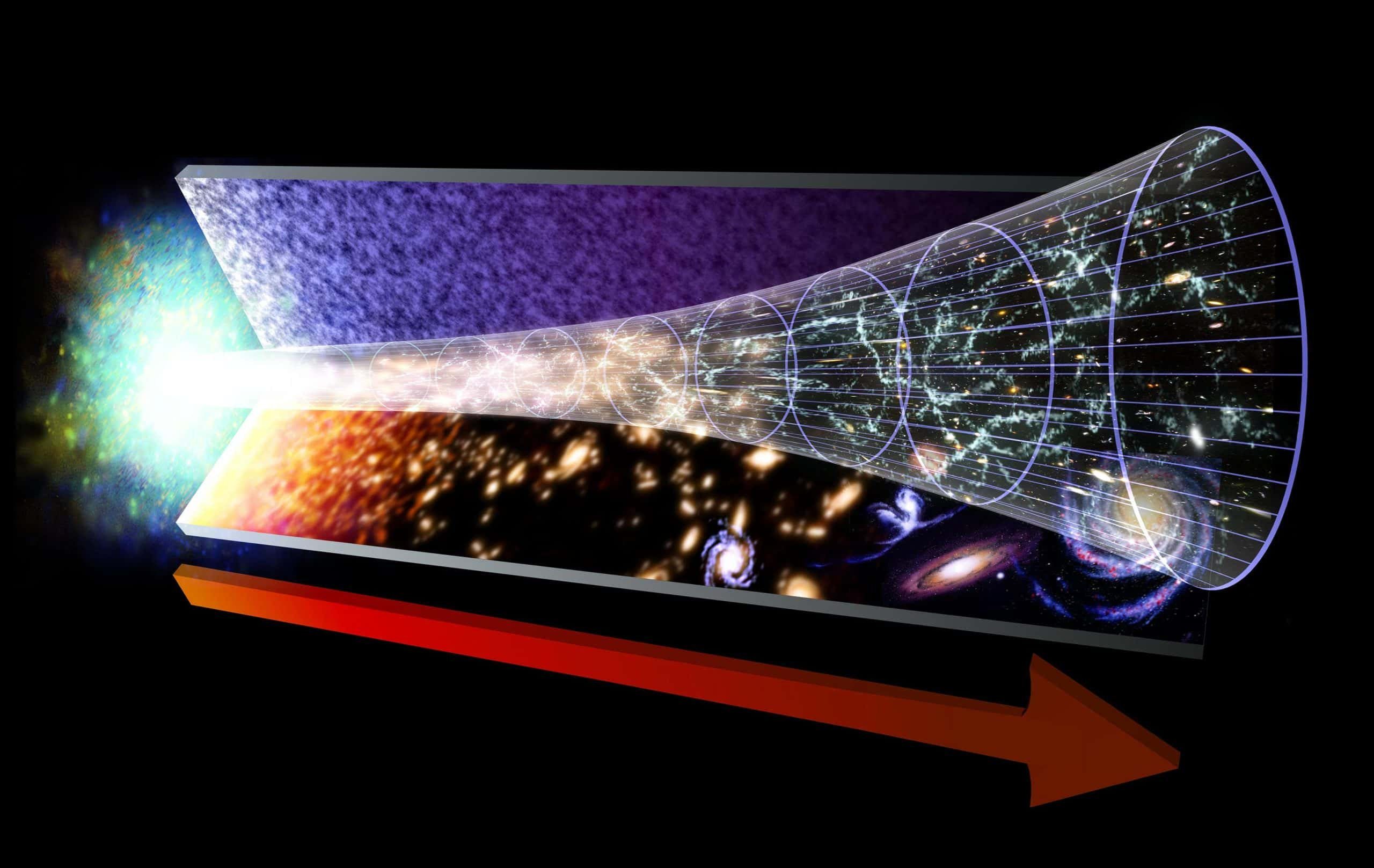If life arose here, chances are it could have emerged elsewhere, perhaps even mere seconds post-the Big Bang.

Life on Earth has thrived for about 4 billion years, a noteworthy chunk of the universe’s 13.77 billion-year existence since “the Big Bang” initiated everything
Pinpointing life’s beginnings entails defining it, a task complicated by over 200 published interpretations. The ambiguity between life and nonlife persists: viruses replicate but rely on hosts, fueling ongoing debates. A broad yet practical definition arises life encompasses entities undergoing Darwinian evolution.
The investigation delves into life’s origins, blurring the life/nonlife boundary. Earth transitioned from nonliving to living, stretching the boundaries of definitions. Life emerged on Earth at least 3.7 billion years back, exhibited by microorganisms using DNA, RNA, and proteins to evolve chemically.
These microorganisms evolved from simpler life forms, potentially present over 4 billion years ago, coinciding with similar conditions on Mars and Venus. Key elements for life except hydrogen, formed post-the Big Bang are crafted within stars, essential for Earth-like life across the universe.
This extends life’s potential inception to over 13 billion years, aligned with the cosmic dawn when the initial stars formed, possibly creating life-enabling elements
Conventional life relies on carbon chains, oxygen for energy transportation, and liquid water immersion, potentially predating Earth. Hypothesized alien life relies on a similar element mix. Could life exist sans chemistry? The unknowns of dark matter and energy propose hypothetical “dark life” predating star emergence, powered by enigmatic forces.
In the extreme of the Big Bang’s outset, the exotic forces could have fostered intricate structures like cosmic strings, hosting self-replicating entities with lifetimes lasting less than a second but ripe for Darwinian evolution. These speculations stretch our understanding of potential life forms in the vast cosmic expanse initiated by the Big Bang.




